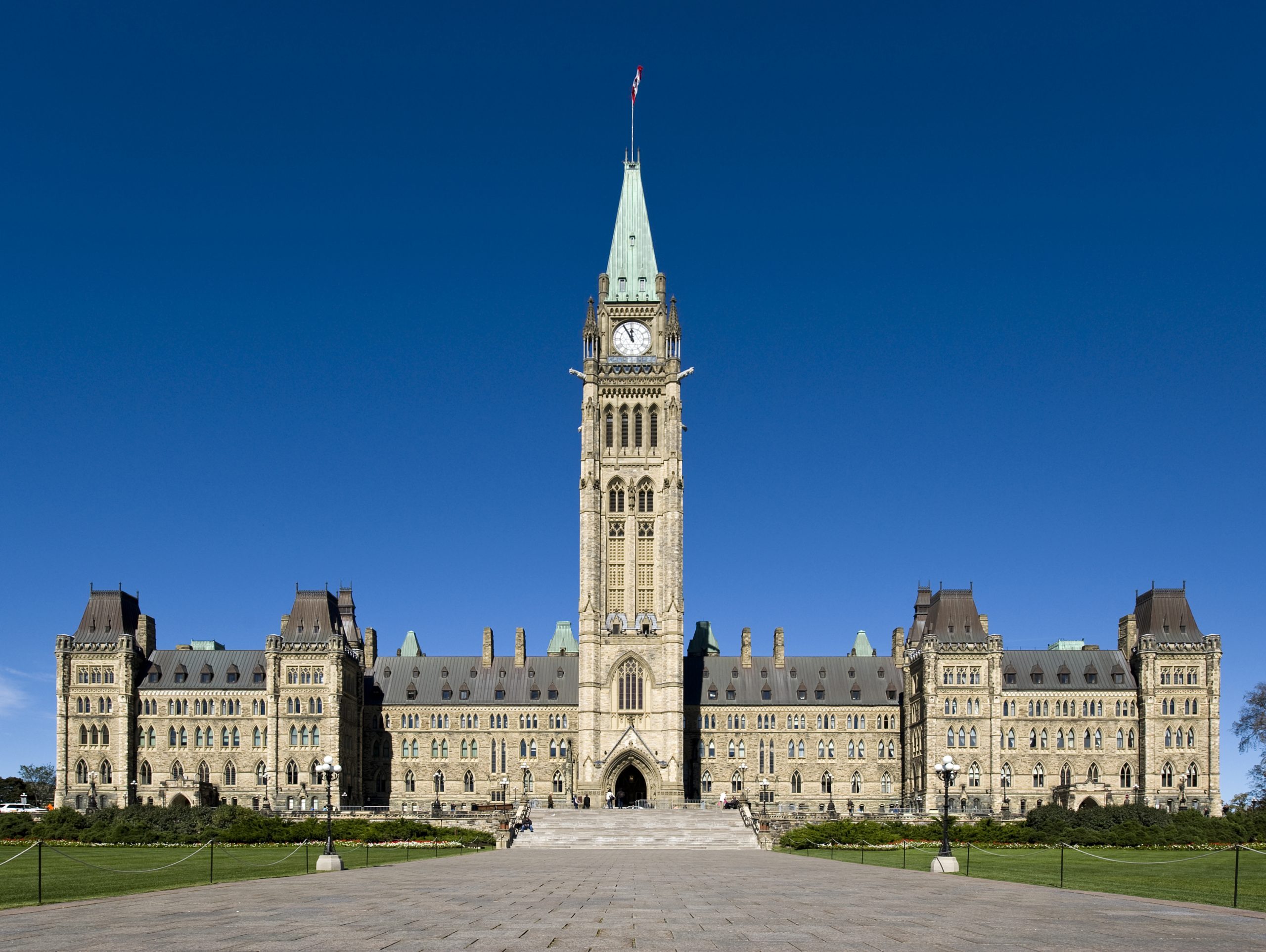A Prairie-based public policy think tank suggests it’s time for rural municipalities to consider identifying their roads’ heaviest users and assessing them appropriately to pay for the roads’ upkeep.
“Using the ‘exceptional user pays’ principle, particularly heavy road users can be assessed for the disproportionate road damage their activities create and be charged accordingly,” the Frontier Centre for Public Policy said Monday.
“The solution works because a very small number of heavy users can create a disproportionate amount of road damage; charging them spares local taxpayers.”
“This solution,” study co-author David Seymour said in FCPP‘s release, “eliminates the need for political wrangling between small cities and towns and higher levels of government over who should pay for road maintenance.”
“However, identifying the heaviest road users and working out what to charge them requires better asset management than is currently common in rural Canada. What is required is an integrated approach from engineering and accounting staff to assess the value of road usage.”
It’s a given in the rural West that a decreased number of grain delivery points and fewer kilometres of rural rail amount to more grain hauled longer distances by truck.
The study, however, grants that rural municipalities “already apply de facto user charges for roads in the form of property taxes that are loosely correlated with usage,” given that farmers make up the majority of rural Prairie populations.
“Well over 50 per cent of rural municipalities’ total costs are attributable to their roads, as these assets are their core competency-business specialization,” the study says.
“Based on these facts, farmers pay the lion’s share of their property taxes to finance the benefits of the transportation infrastructure services they receive. In effect, an existing road’s cost recovery is no different from a user-pays charge, so a de facto user charge is already in place.”
But currently, the study said, “Canadian road funding does not universally adopt user-pays practices in cases where road maintenance costs arise from identifiable exacerbator sources,” a term which refers to roads’ so-called “exceptional users.”
Roads, the study suggests, are either public or private goods depending on the volume of usage and its impact. “For relatively low-impact usage such as that of private motor vehicles, roads can be treated as a public good. For high-impact usage such as heavy trade vehicles, they are best viewed as a private good.”
The distinction between “public good” and “private good” is useful, the study said, for deciding whether “collectivized funding,” meaning taxes, or private funding, such as user fees, is the most efficient.
“For example,” the study noted, “there is little debate in local government circles about directly charging identified industries for the costs associated with their harmful waste disposal.”
For rural municipalities to get the power to collect fees from roads’ heaviest users, the study urged that such a policy be used on the condition that an RM demonstrates “appropriate management” and provides appropriate data and information on its road conditions and maintenance requirements.
The study, titled Getting a Better Bang for the Pothole Buck, was written by Larry Mitchell, an FCPP senior fellow and consultant on local government, based in New Zealand; and by David Seymour, a senior policy analyst at the FCPP’s Regina office.


